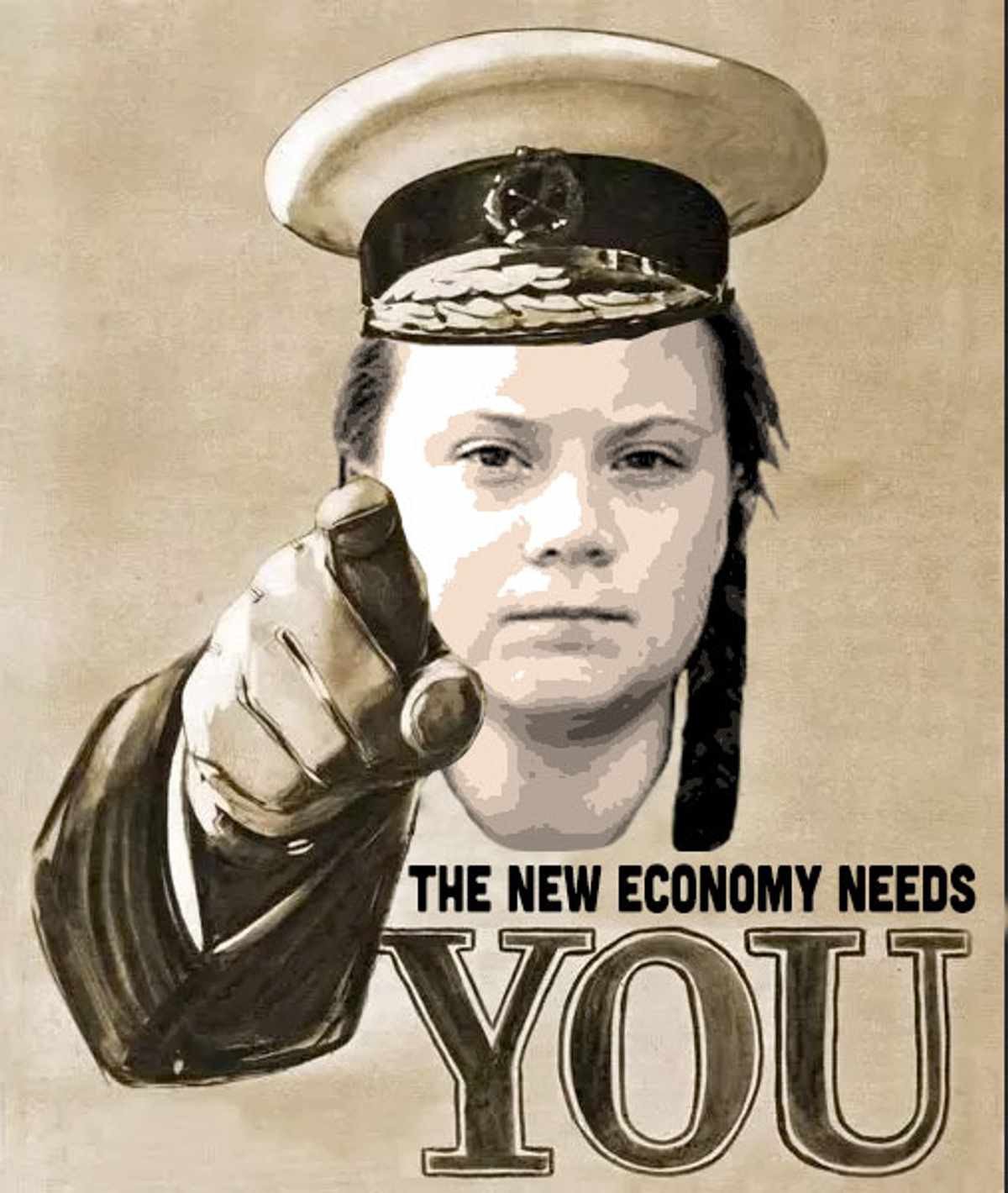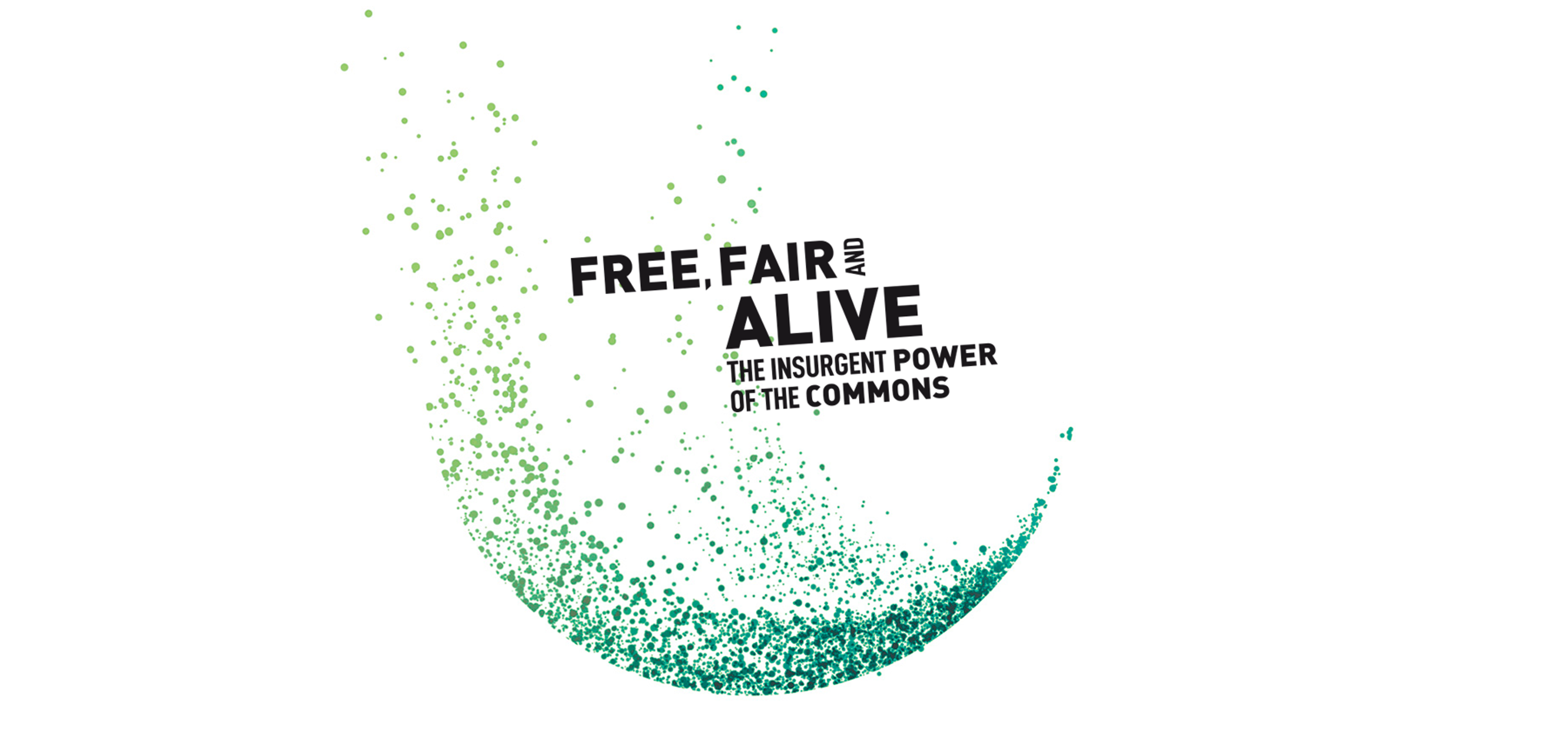A new kind of economy is emerging which will serve you better
A new kind of economy is emerging which will serve you better

It’s becoming more obvious every day. Capitalism is failing and our governments are proving incapable of solving the systemic problems that plague our societies.
The state has become the servant of capital, chasing growth at any cost - whilst ignoring the damage that ‘externalities’ cause to our life support system - the Earth!
Underlying all this is a prevalent worldview which pitches humanity as separate from nature. Capitalism views nature as resources to be mined, refined and exploited for more growth - and a dumping ground for discarded, valueless waste.
The founding assumptions, and resultant practices, of our existing economies are fundamentally flawed.
What hope do we have when our underlying worldview perpetuates a broken system? Our only hope is to co-create a new worldview, which supports a new kind of economy.

Introducing ‘the commons’
The good news is there is another way - and it’s growing in a chaordic, systemic way. Whatever you want to call it, a new world view, based on some very different assumptions, is emerging which supports a new kind of economy.
There are a multitude of terms that are used to describe this new worldview: The progresive economy, the regenerative economy, the solidarity economy, the collaborative economy, the decentralized economy… the list goes on. What all these ideas have in common is an underlying view that we are all connected to nature and each other; that we are part of an interconnected dynamic system which we must protect and nurture to survive.
I previously proposed it might be useful to define a shared purpose for the progressive movement but now, having read David Bollier and Silke Helfrich excellent new book Free, Fair and Alive - The insurgent power of the commons, I am starting to see that ‘the commons’ is the uniting element.
Bollier and Helfrich define the commons as “a vision for reimagining our future together and reinventing organisations, economics, infrastructure, politics, and state power itself.” They point out “the commons is a social form that enables people to enjoy freedom without repressing others, enact fairness without bureaucratic control, foster togetherness without compulsion, and assert sovereignty without nationalism.”
George Monbiot explains “a commons … gives community life a clear focus. It depends on democracy in its truest form. It destroys inequality. It provides an incentive to protect the living world. It creates, in sum, a politics of belonging”, which sounds exactly like what is lacking from our present societies!
The commons is a vision, a social movement, and a practice we can all work on building together, right now. It provides the underlying ontology, or worldview, of an entirely different, more sustainable, form of society.
Tackling economics
When we take on board this new world view and attempt to create and grow the commons by developing organisations, we inevitably come up against existing economics and traditional capitalist structures.
One emerging alternative to traditional organisational structures which commons building initiatives promote, are ‘platform co-ops’ - democratically governed organisations which are owned and managed by their members.
Platform co-ops provide a blue-print for a new kind of organisation which works for the benefit of their members and the communities within which they operate - rather than the traditional profit-driven objective.
But platform co-ops, and other ‘commons-friendly’ organisational forms and models will never change the status quo of capitalism alone - especially if they still transact with conventional currencies. Capitalism doesn’t care what you do, or think, or how you organise, as long as you carry on spending its money.
To tackle the root causes of our systemic issues, such as the exponential growth of debt, inequality and carbon emissions, we have to tackle the very nature of money. This may sound like a difficult, even impossible task, but it is essential to delivering the changes we so desperately need to see - and in fact it’s not as hard as you might think.
One example of the way we can develop new economies, as commons, which run in parallel with the existing extractive economy, is Sardex in Sardinia - a mutual credit network involving more than 4,000 business which conducted over 40 million euros worth of transactions in 2017, and 43 million in 2018 outside the extractive economy - via mutual credit.
There are hundreds of thousands of other projects creating commons, as part of the new economy, all around the world. From Community Supported Agriculture to land trusts and cooperative banks through to social care networks and decentralized, open source social networks, people are developing commons alongside existing economies.
The switch from the present, failing, capitalist system to a more commons-based economy is inevitable. The real question is not if but when - and if it will happen before we plunder our life supporting planet passed the point of no return? It’s impossible to tell right now - the only thing you can be sure of is it will not happen without YOU.
Nobody is going to develop the commons, or a new economy, for us - this is something we all have to do. Together.
If you are interested in learning about, and developing ideas which support, the rise of the commons please join us at the OPEN 2020 conference in London in June where we will hear from Kate Raworth, author of Doughnut Economics, and a host of other commoners, and work together to co-create the new economy.


